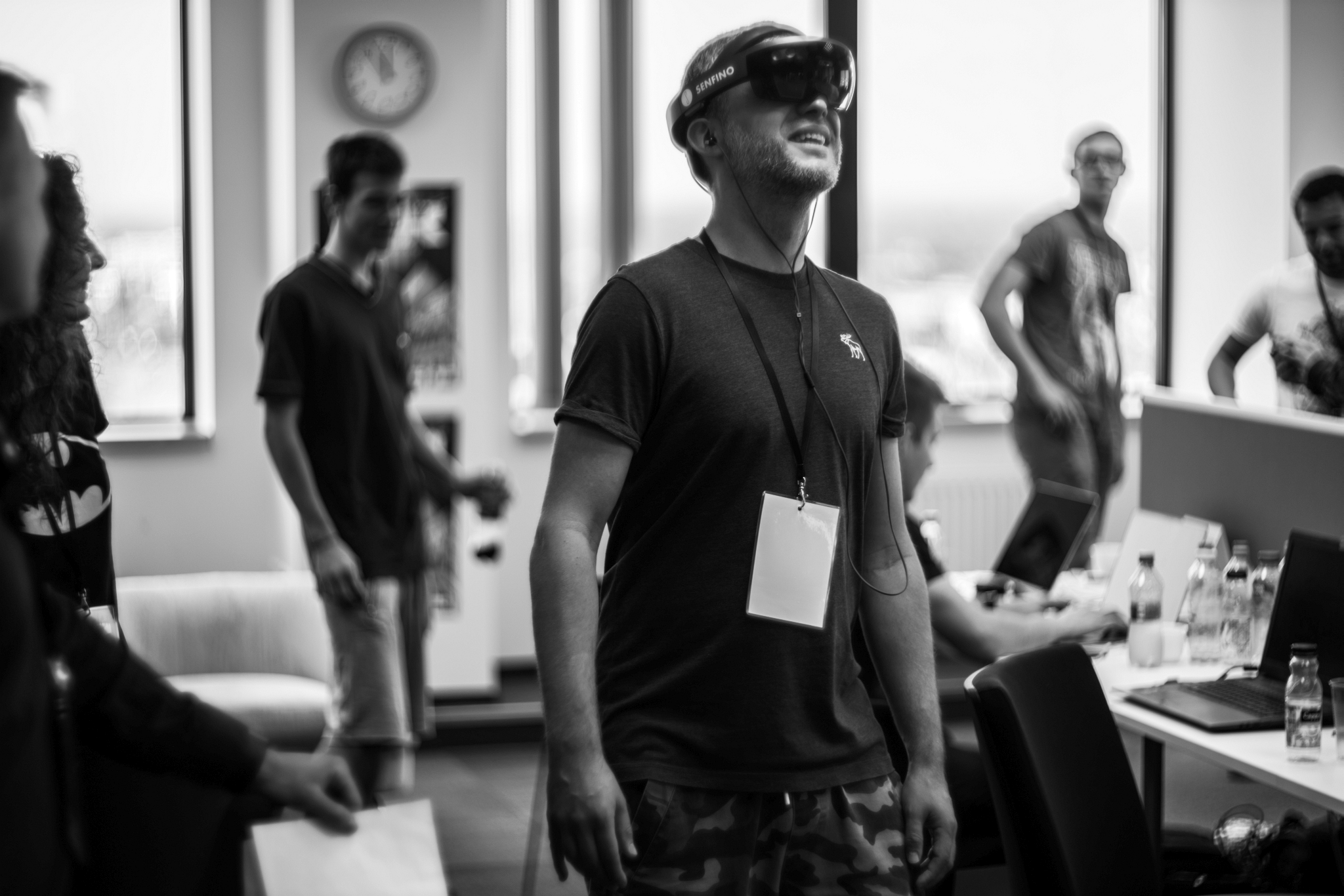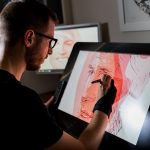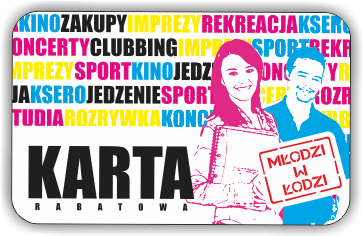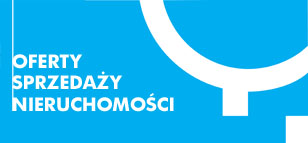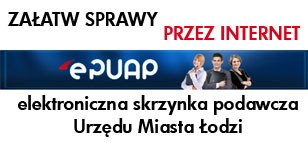According to the 2017 HackerRank report, the best programmers worldwide come from China, Russia and Poland. Unsurprisingly, such events as the UNIT9 VR Challenge Hackathon take place in Poland. The fourth edition of this virtual and augmented reality festival this year took place in Lodz.
The event is organized by Le Polish Bureau, a technical department of the production company UNIT9 that possesses state-of-the-art equipment, has access to the latest technologies related to, among other things, virtual and augmented reality, as well as experience in using them. The partners of the event are: Coca-Cola, Microsoft, Senfino, VR Global and Solidbrain.
Beginnings and conclusions
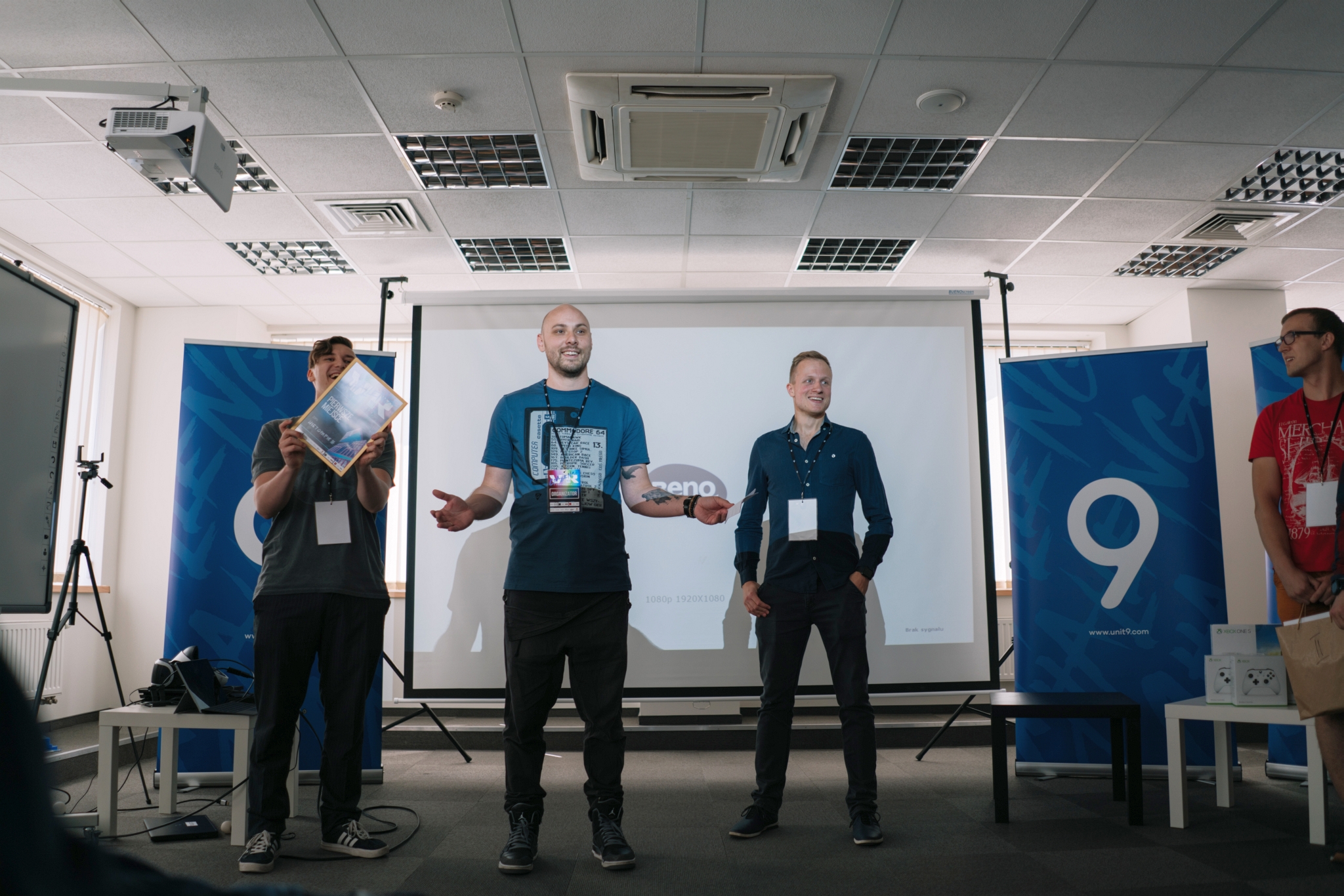 The first VR Challenge organized in 2015 was combined with a competition for the best virtual reality installation. It was the first such event in Poland. The next festival, which took place one year later, was continuation and expansion of the previous one As a result, in addition to the best installation competition, the event was accompanied by a grand total of three conferences about the use of virtual reality in various fields of business. After two editions, the organizers decided to modify the VR Challenge. “We don’t want to copy previous solutions, so we organized a hackathon, i.e. a 48-h programming event in the form of an open competition. We invited people who are passionate about virtual reality. What sets it apart from other such events is that we decided to expand the substantive part. We invited experts who use this technology on a daily basis,” explains Jakub Brzózka, marketing manager at UNIT9.
The first VR Challenge organized in 2015 was combined with a competition for the best virtual reality installation. It was the first such event in Poland. The next festival, which took place one year later, was continuation and expansion of the previous one As a result, in addition to the best installation competition, the event was accompanied by a grand total of three conferences about the use of virtual reality in various fields of business. After two editions, the organizers decided to modify the VR Challenge. “We don’t want to copy previous solutions, so we organized a hackathon, i.e. a 48-h programming event in the form of an open competition. We invited people who are passionate about virtual reality. What sets it apart from other such events is that we decided to expand the substantive part. We invited experts who use this technology on a daily basis,” explains Jakub Brzózka, marketing manager at UNIT9.
In 2017, a dozen or so teams participated in the third edition of VR Challenge and, simultaneously, the first hackathon. Supported by mentors, they were given the task to prepare a working prototype based on the HoloLens technology, i.e. Google’s augmented reality glasses. This technology provides the opportunity to “overlay” additional objects on top of the real world in which we live. The results of the teams’ work exceeded the expectations of the organizers, who decided to organize another edition of the event. “Our idea was to create a unique event where we could demonstrate the VR and AR technologies, while simultaneously educating and infecting people with ideas that could be implemented later on,” says Jakub Brzózka. “UNIT9 VR Challenge is an exceptional event demonstrating the technologies of virtual and augmented reality in many contexts, including business, technology and film. It is obligatory not just for VR and AR fans but also for anyone looking for new tools to implement innovative projects,” adds Maciej Zasada, founder of Le Polish Bureau, CTO of UNIT9.
Not just for programmers
Twelve teams took part in the 2018 UNIT9 VR Challenge Hackathon ‑ the second edition of the AR (Augmented Reality) Hackathon. Their task was to create an AR app using their chosen technology: HoloLens, also available at the previous edition, or one of two new technologies: Apple ARKit and Google ARCore, enabling the participants to create apps for smartphones and tablets. The theme of the competition was “Invasion.” The organizers were inspired by the location where the hackathon took place. It was the glazed Red Tower building where SkyHUB, the event partner, has its office on the 15th floor. The organizers decided that this space will be an inspiration for the participants as well, particularly when combined with the provided theme.
Participants included both experienced teams—who already took part in similar events—and teams that have never used augmented reality before.
It turned out that the majority of the participants were great at both the hackathon and the technology. “The teams that already knew AR tried to solve non-trivial problems, such as navigation inside a building based on room geometry, or multiplayer interactions within the same physical space, while the teams that had 48 hours to learn the technology from scratch and create a finished product were able to prepare interesting propositions as well, even at the concept‑developing stage. During the allotted time, they developed complete and functional products,” notices Paweł Ruszlewski, head of innovation at Senfino, one of the competition mentors.
One of the teams prepared a professional app for evacuating a building at a risk of fire. This demonstrates that apps created using augmented reality, in combination with state-of-the-art technologies, can also have functional properties. The common feature of the projects is that their authors–regardless of experience and technical skills–focused on finding an effective business solution.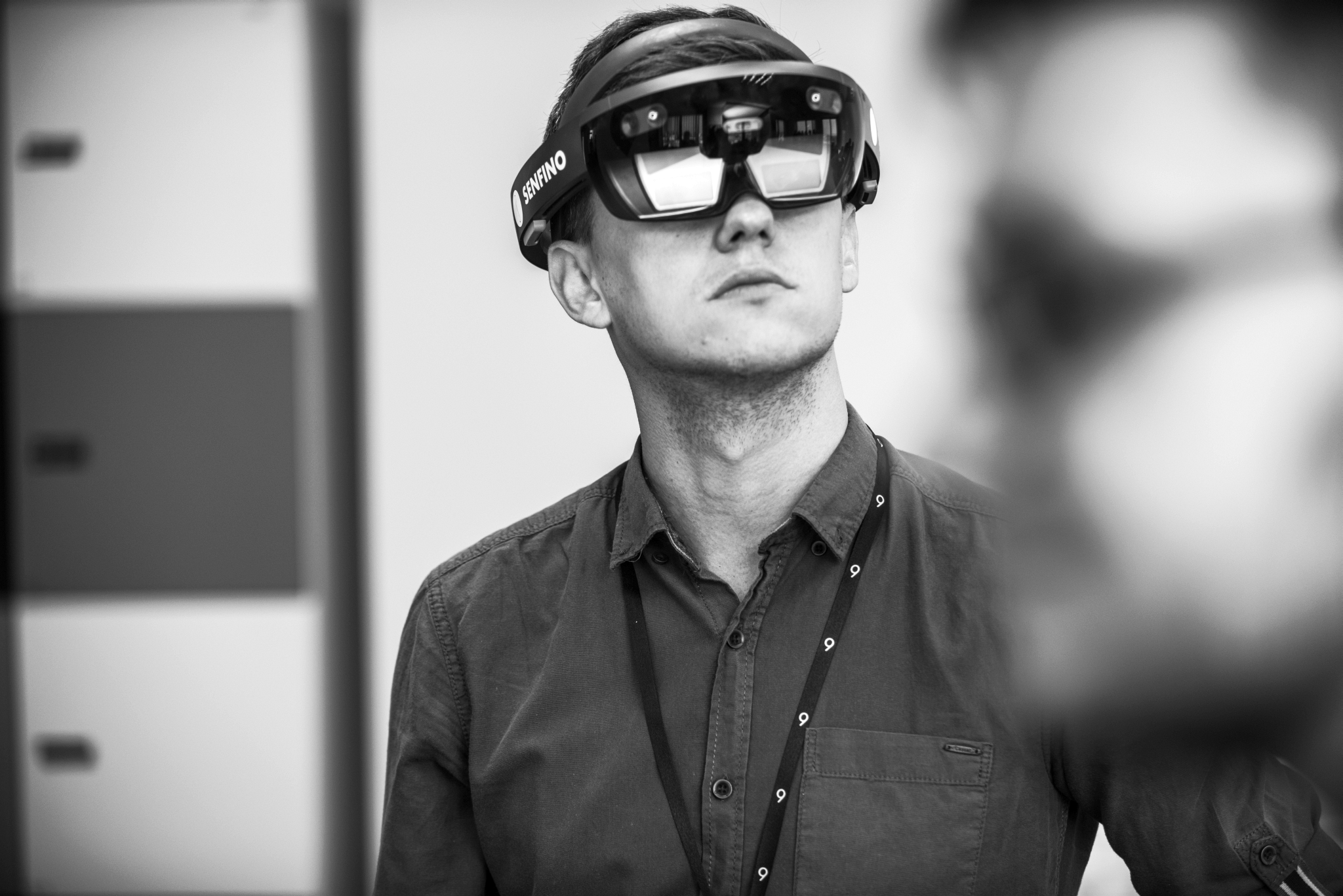
The organizers of the event were surprised by the participation of two groups of high school students. This demonstrates the fact that the knowledge of new programming technologies and a deep knowledge of this field are not reserved for educated programmers. “The teams presented very diverse levels of experience and knowledge of technology—some of them were just beginning their adventure with programming, others haven’t had the chance to work with augmented reality yet. However, guided by mentors, they created cohesive and complete projects and left the event with loads of new knowledge,” emphasizes Jakub Jakubowski, mentor and Creative Technologist at UNIT9.
Although it is difficult to assess unequivocally the level of team knowledge, one thing is certain: they all demonstrated exceptional ambition. “Regardless of whether the participants were creating a game or a functional application, it was obvious that they are giving it their all. We have to point out that they had only 48 hours and were working with the latest technology, which only increased the difficulty of the entire challenge,” states another mentor, Rafał Legiędź, programmer at Solidbrain.
For the participants, a hackathon is an opportunity to gain knowledge, have great fun, but most of all–it’s a chance to meet interesting people. They learn new technologies, how to work in groups and under tight time constraints, and establish business relationships.
“We decided to participate in the UNIT9 VR Challenge Hackathon primarily because we are interested in new technologies, still very rarely used,” says Aleksandra Buczek, one of the participants. “Here, for the first time, we had the opportunity to learn augmented reality and use special Microsoft HoloLens glasses. I think that not many people have been able to create apps using this technology yet,” she adds.
 Some participants treated this challenge like workshops, enabling them to deepen their knowledge and learn new technologies.
Some participants treated this challenge like workshops, enabling them to deepen their knowledge and learn new technologies.
“Mentor support was of great help and it allowed us to learn a lot. Not only did they answer our questions, but they also let us discover our latent skills. After this event, I know that I can do more than I previously thought,” says Aleksandra Buczek.
The interest in the UNIT9 project is very high. The organizers think about organizing the next edition in autumn this year.
“Nowadays, AR in its simplest form accompanies us every day in the form of various mobile apps, but I believe that soon we will be able to wear glasses that don’t differ much from sunglasses and mix the physical world with the world rendered by the operating system of AR glasses,” notices Paweł Ruszlewski. And it’s hard to disagree with him.
AR-related solutions have been entering new areas of our lives. “Augmented reality will become an integral part of the normal one, just like it happened with smartphones, mobile internet or Bluetooth,” forecasts Jakub Jakubowski.
Virtual reality in the future
According to its definition, virtual reality means an image of an artificial reality created using IT techniques, a multimedia creation of a computer vision of objects, spaces and events. Most of us associate it primarily with games. The advances in the development of this technology are enormous. “For several years, AR has been demonstrating effectiveness in business application in nearly all fields, from medicine through real estate to military solutions,” says Ernest Szydelski, mentor, VP Innovation Services at VR Global. “Significant investments by such giants as Microsoft, Apple and Google signify that this is a trend that’s going to stay with us for many years to come,” he summarizes.
AR experts are practically certain that augmented reality will impact all areas of our lives. And although it is used primarily in business and not by normal people, popularization of this technology is simply a question of time.

Photo: Dominik Brzózka, www.premiumsnap.pl
For more go to the current issue of Lodz Creates Innovation

